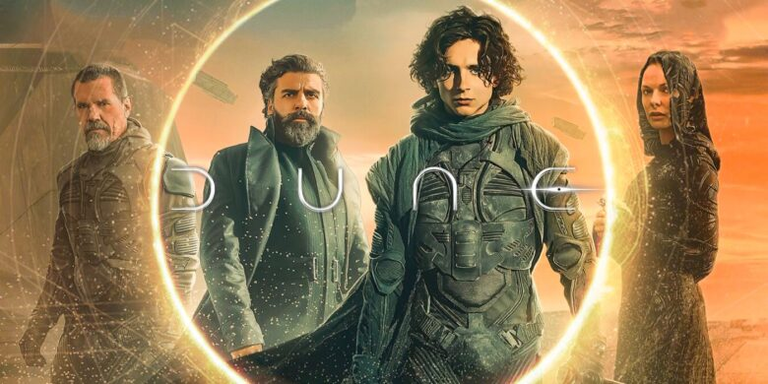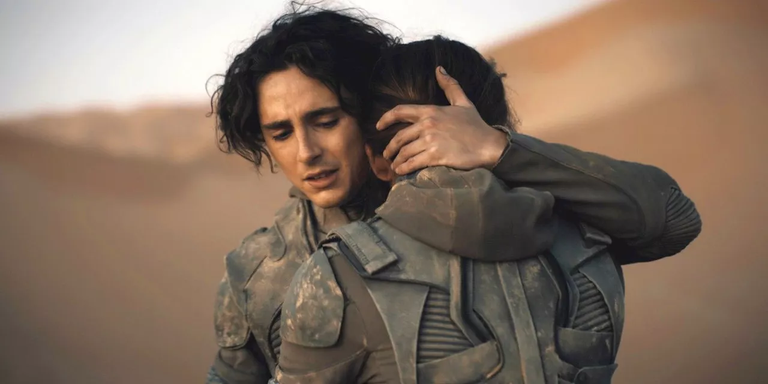
The death knell of cinema is a mournful echo heard by many who lament the decline of the traditional movie-going experience. Once a cornerstone of entertainment culture, cinemas have faced mounting challenges in recent years. The rise of streaming platforms, coupled with the convenience of home viewing, has reshaped audience habits. The allure of cozying up on the couch with a bowl of popcorn has surpassed the appeal of braving crowded theaters and exorbitant ticket prices. As a result, the once vibrant atmosphere of cinemas now feels eerily quiet, with rows of empty seats bearing witness to the decline.
In this new landscape, the art of storytelling through film has undergone a transformation. With the proliferation of short-form content on platforms like TikTok and YouTube, attention spans have dwindled, and the demand for bite-sized entertainment has surged. Consequently, filmmakers find themselves catering to this trend, crafting narratives that can be consumed in quick bursts rather than epic, immersive experiences. While this shift has birthed innovative storytelling formats, it also risks diluting the depth and complexity that cinema has long been celebrated for.
Yet, amid the somber narrative of cinema's demise, glimmers of hope emerge. While the traditional theater experience may have waned, the essence of cinema—capturing human emotion, exploring profound themes, and sparking collective imagination—remains resilient. Independent filmmakers continue to push boundaries, experimenting with unconventional storytelling methods and utilizing digital platforms to reach global audiences. The death of cinema, therefore, may not signify its end but rather its evolution—a transition into a realm where creativity knows no bounds and storytelling finds new, unconventional avenues to flourish.

The release of "Dune Part 2" serves as a compelling testament to the enduring power of cinema. As the highly anticipated sequel to its predecessor, it transcends the limitations of short-form entertainment, rekindling my faith in the immersive experience of the big screen. Through its stunning visuals, masterful storytelling, and captivating performances, "Dune Part 2" transports viewers to a richly imagined universe where time seems to stand still, inviting them to lose themselves in its intricacies and complexities.
Witnessing the epic scope and emotional depth of "Dune Part 2" reminds me of the unique magic that only cinema can evoke. It reaffirms the importance of preserving and cherishing the theatrical experience, where every frame is meticulously crafted to elicit awe and wonder. In a world saturated with fleeting distractions, "Dune Part 2" serves as a poignant reminder of the unparalleled impact that cinema can have, igniting a renewed appreciation for the art form and its enduring ability to inspire, provoke, and move audiences in profound ways.